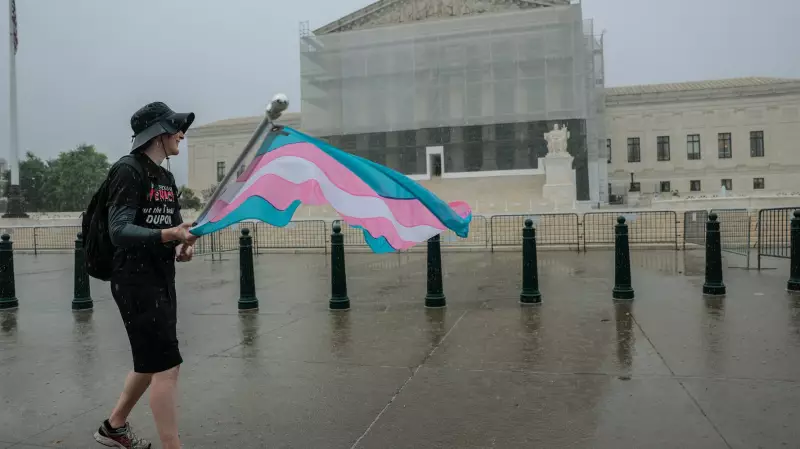
In a significant development for transgender rights in the United States, the Supreme Court has chosen not to intervene in a controversial passport policy originating from the Trump era. This decision effectively maintains stricter requirements for Americans seeking to update their gender markers on official travel documents.
What This Means for Transgender Travellers
The policy in question, implemented during the previous administration, mandates that individuals provide specific medical documentation to change the gender designation on their passports. This represents a departure from more flexible approaches and has been criticized by LGBTQ+ advocacy groups as creating unnecessary barriers.
The Legal Battle Continues
By refusing to hear the case, the nation's highest court has left standing a lower court's decision that previously allowed the policy to remain in effect. This doesn't constitute an endorsement of the policy itself, but it does mean the legal challenge has reached a dead end at the Supreme Court level.
Legal experts note that this development represents a setback for transgender rights advocates who had hoped the current Supreme Court might take a different approach to gender identity issues. The decision comes amid ongoing national debates about transgender rights in various spheres of public life.
Broader Implications
This ruling has implications beyond passport applications alone. Advocacy organizations warn that it could influence how other government agencies handle gender designation changes and potentially embolden further restrictions at state and federal levels.
The policy maintained by this Supreme Court action affects thousands of transgender Americans who require updated identification that accurately reflects their gender identity, creating practical challenges for international travel and daily life.





